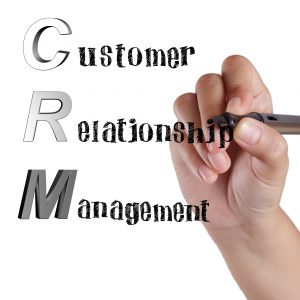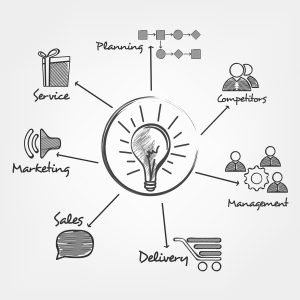
Ecommerce CRM
Definition
❝ A CRM solution for eCommerce helps you gather, organize, store, and analyze information about your company’s customers.❞
Provides all of these functions plus features specific to the digital sales landscape, such as storing customer history, tracking shipping preferences and suggesting related purchases.
Advantages
Solutions
Challenges
- Attracting customers.
- Finding the right products to sell.
- Generating targeted traffic.
- Capturing quality leads.
- Nurturing the ideal prospects.
- Converting shoppers into paying customers.
- Retaining customers.
- Achieving profitable long-term growth.
- Images not done right.
- Product Description Optimization for Search.
- Unfriendly Returns Policy.
- Digital Payment Failures.
- Additional charges.
- Slow Online Store Website Speed.
- Lack of Faster Checkout Options.
- Suspicious Reviews.
- Shipping Methods and Time.
- Questionable Customer Service.
- Qualifying leads.
- Behavior-based personalization.
- Optimizing email content.
- Optimizing email frequency.
- Integrating social into a contact strategy.
- Creating mobile experiences.
- Getting hold of in-store data.
- Integrating with legacy infrastructure.
- Choosing the right technology & partners.
- Attracting and hiring the right people to make it all happen.
Ecommerce Would Have
- Easy integration with an online store and automatic data tracking
- Easy to use: ready reports, readable tables, and charts, time-saving
- No special statistics/ data management skills needed
- Ecommerce-focused reports and KPIs
- No unnecessary features to pay for






